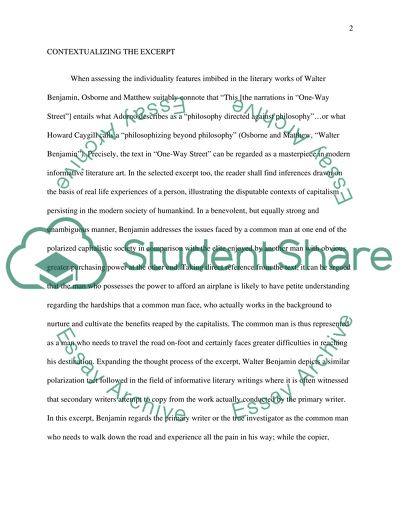Cite this document
(“English Essay Example | Topics and Well Written Essays - 1000 words - 6”, n.d.)
Retrieved from https://studentshare.org/english/1485500-english
Retrieved from https://studentshare.org/english/1485500-english
(English Essay Example | Topics and Well Written Essays - 1000 Words - 6)
https://studentshare.org/english/1485500-english.
https://studentshare.org/english/1485500-english.
“English Essay Example | Topics and Well Written Essays - 1000 Words - 6”, n.d. https://studentshare.org/english/1485500-english.


